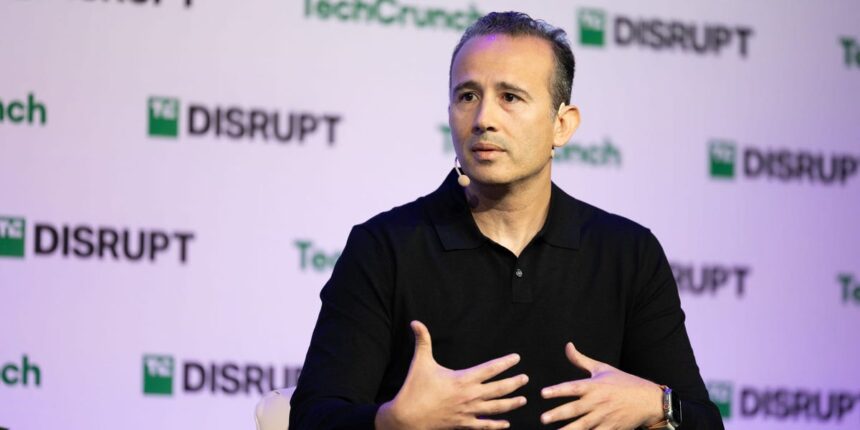“`html
Barak Shrama/Slava Blazer Photography
- Rivian’s Chief Software Officer Wassym Bensaid envisions a future where vehicles operate hands-free.
- This does not imply that Rivian is racing towards full autonomy.
- Bensaid emphasized the company’s commitment to integrating AI-driven incremental enhancements.
According to Rivian’s Chief Software Officer, the company is not placing autonomous driving at the forefront of its priorities. In an interview with Business Insider, Wassym Bensaid clarified that while competitors like Waymo and Tesla are pushing for widespread self-driving technology and robotaxis, Rivian has a different vision for artificial intelligence.
“We are not necessarily pursuing full self-driving capabilities or robotaxis,” he stated. “Our focus lies in making gradual improvements that enhance safety and convenience for our users.”
Bensaid joined Rivian in 2019 as Senior Director of System Architecture and Integration. He views AI as a means to provide a safer and more seamless driving experience through advanced software solutions.
During his discussion at the TechCrunch Disrupt conference held in San Francisco on October 30, he remarked, “The car serves as an excellent platform for AI,” envisioning vehicles that could be predominantly controlled via voice commands.
“The reliance on touch screens or buttons in current cars is more of an anomaly than a feature,” Bensaid explained. “Ideally, interaction with your vehicle should be voice-driven. Unfortunately, many existing voice assistants fall short; they simply do not function effectively. This presents an opportunity for AI to transform user experiences within vehicles.”
A Technological Approach to Automotive Design
Differentiating itself from other electric vehicle manufacturers like Tesla or General Motors, Rivian has concentrated primarily on producing electric trucks and SUVs but has faced challenges capturing significant market share within the U.S. EV sector.
The R1T truck was only delivered starting in 2021—12 years after RJ Scaringe founded Rivian in 2009. Recently, the company underwent two rounds of layoffs this year alone. In October, it revised its production targets downward from 57,000 units to between 47,000 and 49,000 units due to ongoing supply chain disruptions.
This year marked a pivotal moment for electric vehicle sales; despite sustained demand for EVs overall sales growth began slowing down significantly. This trend prompted established automakers such as Ford to reassess their ambitious EV strategies.
Scaringe noted during an interview with The Verge that this slowdown can largely be attributed to an “extreme lack of affordable options.” Currently priced around $70K each—the R1T remains one of Rivian’s most accessible models—affordability continues being a barrier for many potential buyers.
A recent $5 billion investment from Volkswagen announced in June may assist Rivian in launching its most economical model yet: the R2 SUV priced at approximately $45K set debuting by 2026.
In September’s episode of Kleiner Perkins’ podcast “Grit,” Scaringe expressed his intention not merely replicate Tesla’s success but rather carve out distinct pathways: “Tesla has been incredibly inspiring,” he acknowledged during discussions about differentiation strategies between both companies.”
Bensaid echoed similar sentiments regarding their approach: “We’re not fixated on achieving specific levels of autonomy because we believe it’s fundamentally about adding incremental features—whether related safety or convenience—that can progressively enhance user experience.” He added that some automakers seem preoccupied with competing over standards instead focusing on delivering superior features directly benefiting customers instead.
A representative from Tesla did not respond when contacted regarding these statements.
Source
“`






